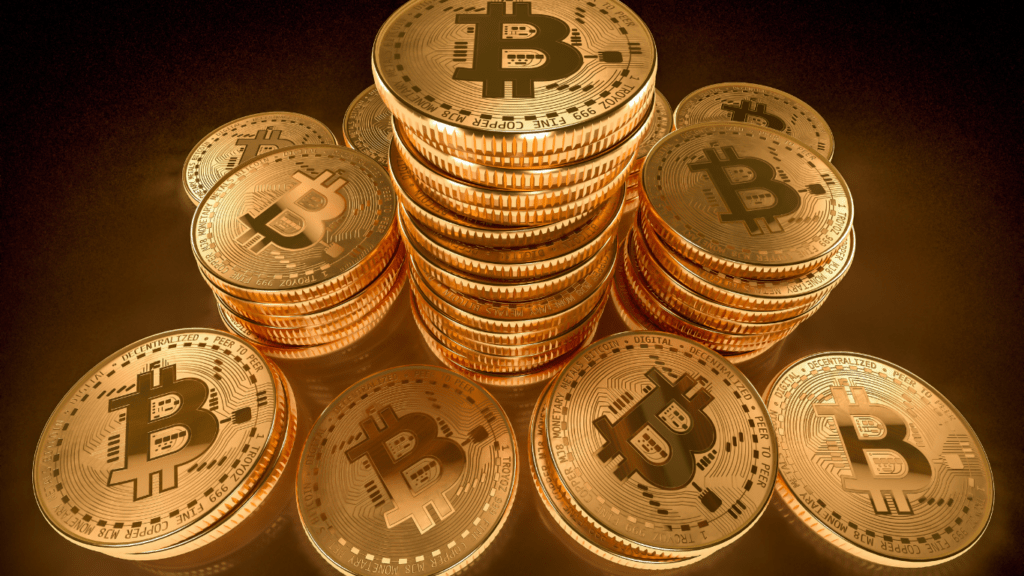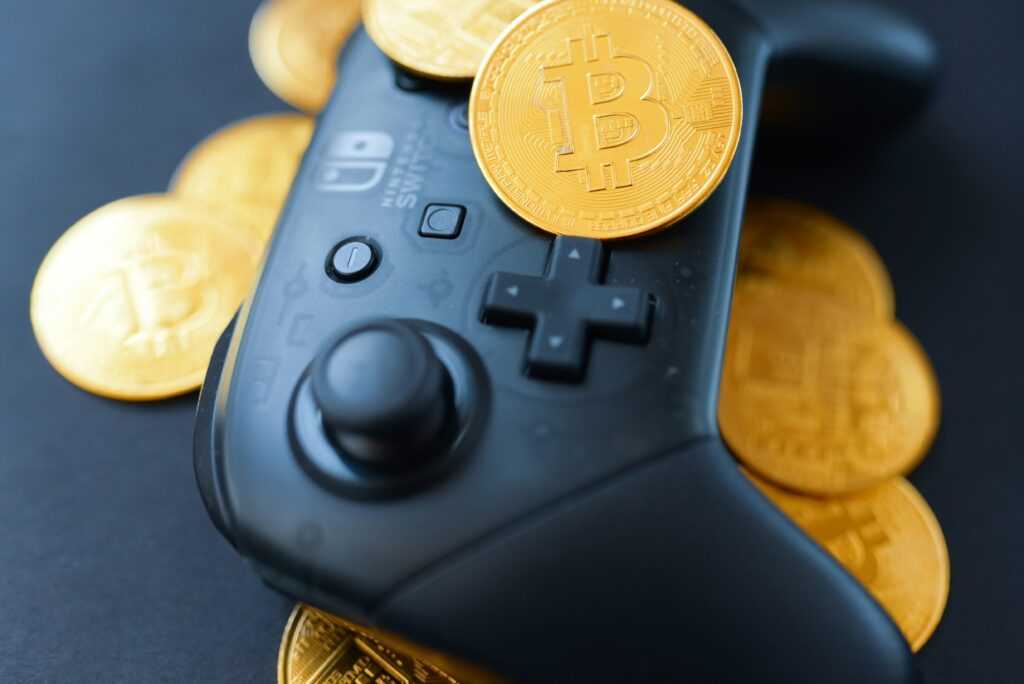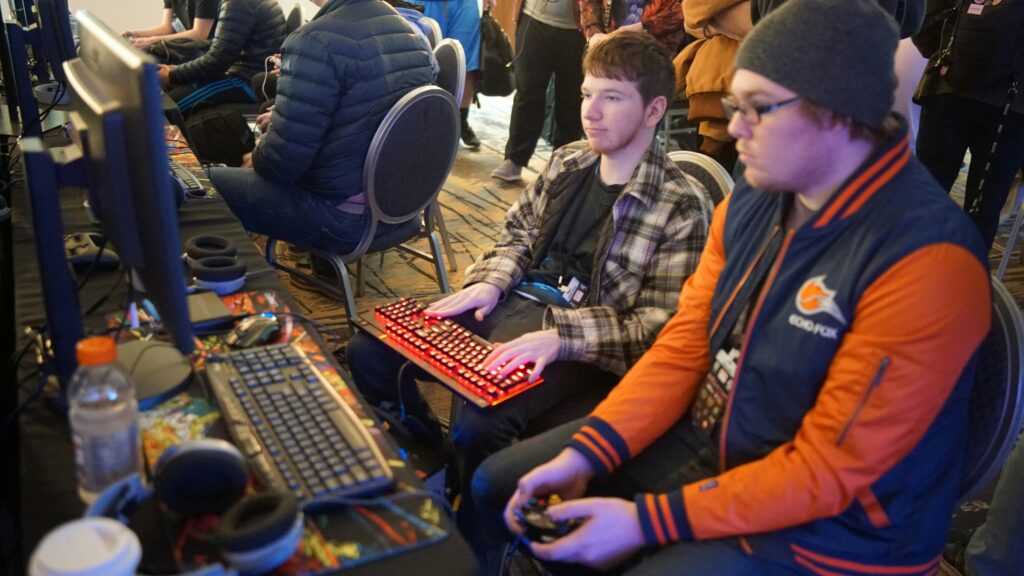In the digital age, safeguarding your in-game purchases and virtual assets is paramount. As a gamer myself, I understand the value of protecting your hard-earned items and investments within the virtual realm.
Whether you’re a casual player or a serious gamer, ensuring the security of your in-game acquisitions is crucial to maintaining your gaming experience. In this article, I’ll share expert tips and strategies on how to fortify the protection of your in-game purchases and virtual assets.
From setting up two-factor authentication to being wary of phishing scams, I’ll guide you through practical steps to enhance the security of your gaming accounts. By implementing these measures, you can enjoy your gaming adventures with peace of mind, knowing that your in-game treasures are safe from potential threats.
Understanding In-Game Purchases and Virtual Assets
Gaming platforms offer a wide array of in-game purchases and virtual assets, ranging from cosmetic upgrades to valuable in-game currency, all of which require safeguarding to ensure a secure gaming experience.
In-game purchases refer to items or enhancements bought with real money, while virtual assets encompass all in-game items with value, whether acquired through purchases or gameplay. To protect these digital possessions, players must understand their value and take proactive security measures, such as enabling two-factor authentication and staying vigilant against phishing scams.
By doing so, players can safeguard their virtual treasures and enjoy a worry-free gaming experience.
Risks Associated with In-Game Purchases
As a gamer, safeguarding my in-game purchases and virtual assets is paramount in today’s digital landscape. Understanding the risks associated with these investments is crucial for maintaining their security and value.
Cybersecurity Threats
- Cybersecurity Threats in In-Game Purchases: Hackers and malicious software can target gaming accounts, putting sensitive data and virtual possessions at risk during in-game transactions.
-
Prioritizing Cybersecurity in Gaming: It’s crucial to implement strong cybersecurity measures to mitigate the risks of data breaches and protect players’ virtual assets from malicious threats.
Fraud and Scams
In my gaming experience, I’ve come across instances of fraud and scams that target in-game purchases. Phishing attempts, fraudulent websites, and deceptive practices can lead to account breaches and financial losses. Staying vigilant and informed about common scams is key to protecting my virtual assets.
Best Practices for Securing Your In-Game Purchases
Account Security Measures
Ensuring robust account security is the first step in safeguarding your precious in-game purchases and virtual assets. It’s vital to use strong, unique passwords for your gaming accounts to prevent unauthorized access. Regularly updating passwords and avoiding password reuse across multiple platforms can significantly reduce the risk of potential breaches.
Implementing two-factor authentication (2FA) adds an extra layer of security to your accounts. By requiring a code from your mobile device in addition to your password, 2FA makes it harder for cybercriminals to gain unauthorized access. Most gaming platforms offer 2FA options that are easy to set up and provide enhanced protection for your valuable digital possessions.
Importance of Two-Factor Authentication
Two-factor authentication (2FA) is a crucial security measure to protect your valuable in-game purchases and virtual assets. By adding an extra layer of protection beyond just a password, 2FA ensures that even if your password is compromised, unauthorized access to your account remains difficult.
2FA requires both a password and a second factor, such as a device or piece of information only the user possesses. This added complexity makes it much harder for cybercriminals to gain access, securing your digital treasures and giving you peace of mind during your gaming experience.
Privacy and Data Protection for Virtual Assets
In safeguarding our virtual treasures, ensuring privacy and data protection is paramount. As a gamer, I understand the significance of securing in-game purchases and virtual assets from cyber threats. Upholding robust privacy measures is crucial for protecting valuable digital possessions acquired through purchases or gameplay.
Implementing two-factor authentication (2FA) acts as a shield against unauthorized access and enhances data security. 2FA requires more than just a password and username; it demands an additional piece of information for verification, making it challenging for cybercriminals to breach accounts. By integrating 2FA into our security practices, we add an extra layer of defense, ensuring that our virtual assets remain secure and inaccessible to malicious actors.




